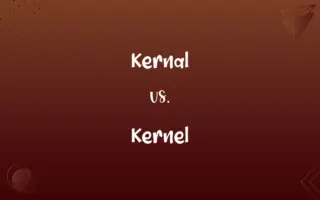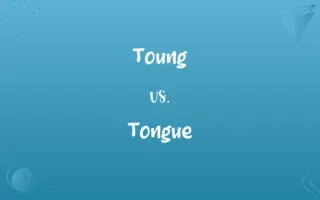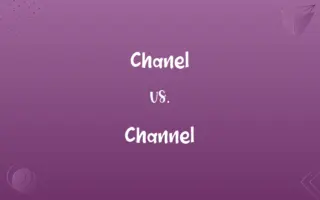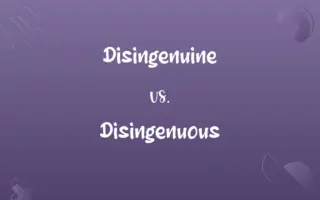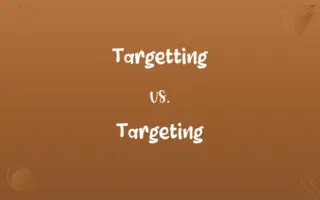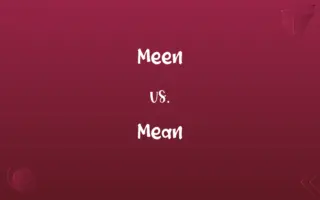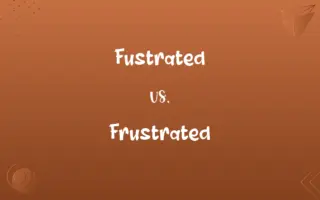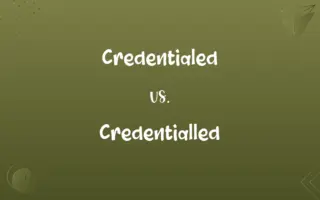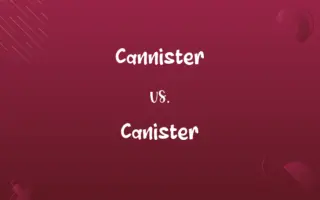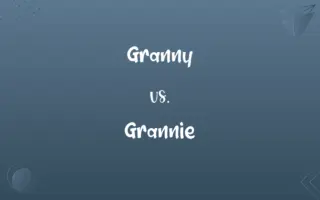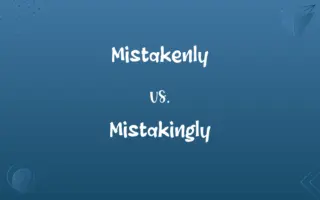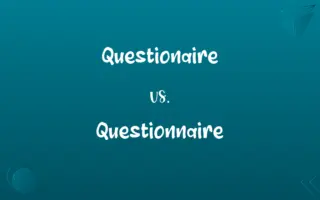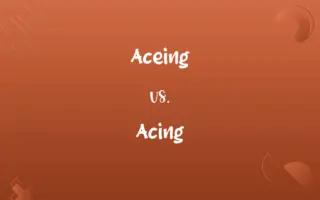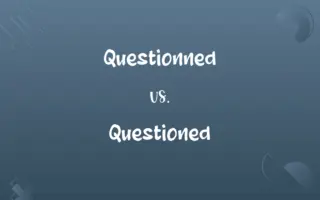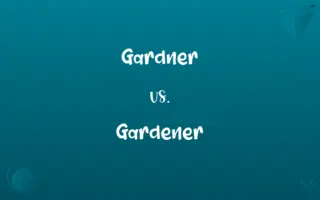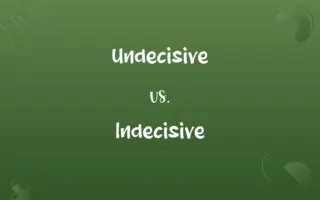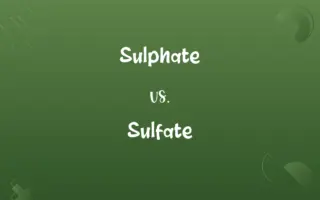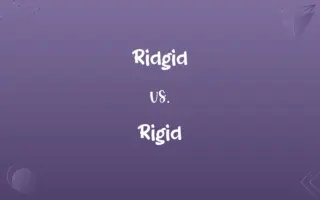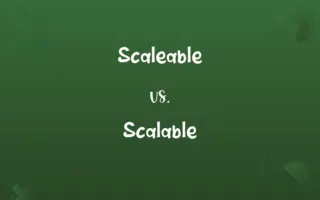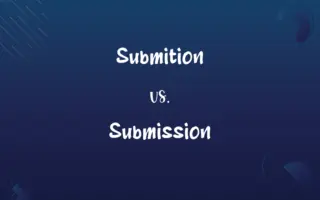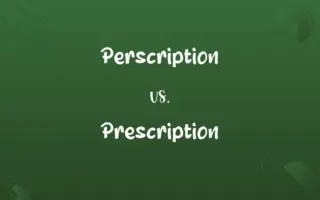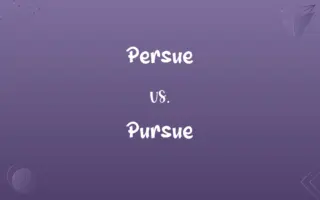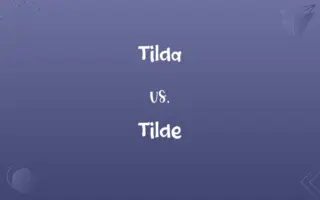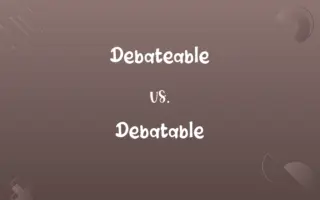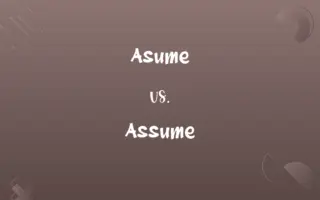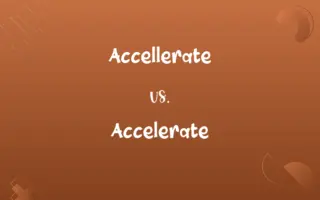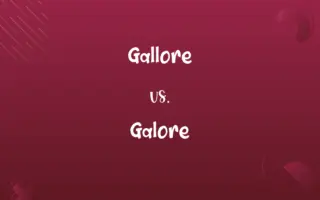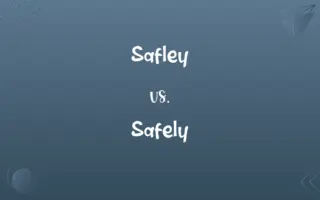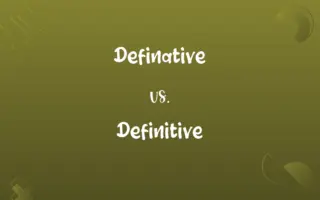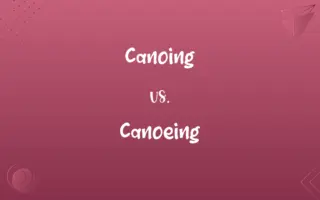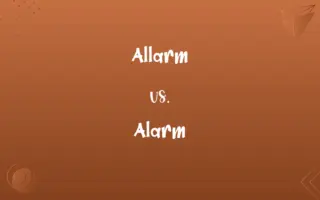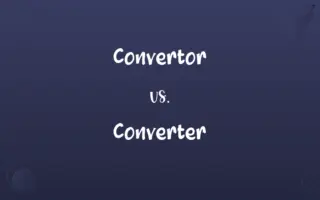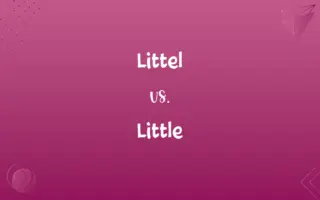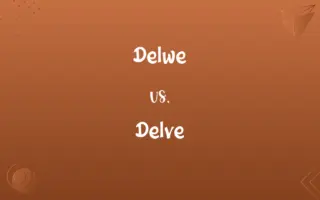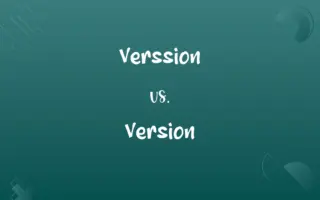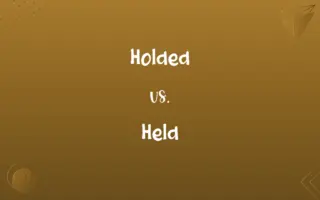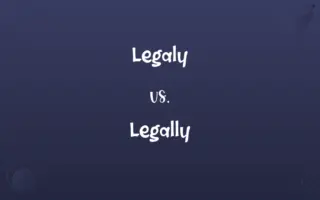Comming vs. Coming: Decoding the Right Spelling

By Shumaila Saeed || Published on January 14, 2024
"Comming" is incorrect spelling while "Coming" is correct, denoting arrival or approach.
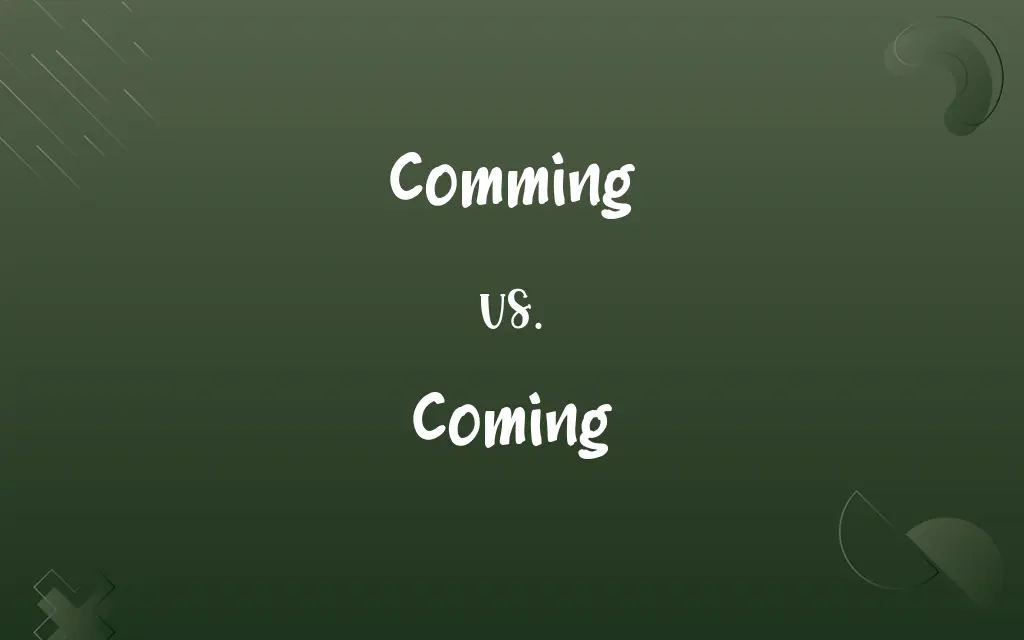
Which is correct: Comming or Coming
How to spell Coming?

Comming is Incorrect

Coming is Correct
How to remember correct spelling of Coming?
Remember that "Coming" has one 'm', just like "moment" – both signify a point in time.
Shumaila Saeed
Jan 14, 2024
Think of "Coming" as a combination of 'co-' and 'ming', with no room for an extra 'm'.
Shumaila Saeed
Jan 14, 2024
Visualize the word "Coming" as a train arriving at a station – compact and on time, with no extra letters.
Shumaila Saeed
Jan 14, 2024
Associate "Coming" with "go", both have a single 'm' and are motion-related.
Shumaila Saeed
Jan 14, 2024
Link "Coming" with "coming soon" – both are brief and direct, without unnecessary additions.
Shumaila Saeed
Jan 14, 2024
Coming Definitions
Arrival or approach of someone or something
We eagerly awaited the coming of the new year.
Shumaila Saeed
Dec 13, 2023
Referring to a future event or time
We discussed plans for the coming summer vacation.
Shumaila Saeed
Dec 13, 2023
Next or following in sequence
The coming week is packed with important meetings.
Shumaila Saeed
Dec 13, 2023
Approaching; forthcoming; next
The coming season.
A coming report on arms limitation.
Shumaila Saeed
Oct 19, 2023
Showing promise of fame or success.
Shumaila Saeed
Oct 19, 2023
Present participle of come
Shumaila Saeed
Oct 19, 2023
The act of arriving; an arrival.
Shumaila Saeed
Oct 19, 2023
Approaching; of the future, especially the near future; the next.
See you the/this Sunday coming! -Well, maybe I can't the/this coming Sunday but on Sunday week.
She will have two or three paintings in the coming exhibition.
Shumaila Saeed
Oct 19, 2023
Newly in fashion; advancing into maturity or achievement.
Ergonomic wallets are the coming thing.
Shumaila Saeed
Oct 19, 2023
(obsolete) Ready to come; complaisant; fond.
Shumaila Saeed
Oct 19, 2023
Approaching; of the future, especially the near future; the next; as, the coming week or year; the coming exhibition.
Welcome the coming, speed the parting, guest.
Your coming days and years.
Shumaila Saeed
Oct 19, 2023
Ready to come; complaisant; fond.
Shumaila Saeed
Oct 19, 2023
Approach; advent; manifestation; as, the coming of the train.
Shumaila Saeed
Oct 19, 2023
Specifically: The Second Advent of Christ, called usually the second coming.
Shumaila Saeed
Oct 19, 2023
The act of drawing spatially closer to something;
The hunter's approach scattered the geese
Shumaila Saeed
Oct 19, 2023
Arrival that has been awaited (especially of something momentous);
The advent of the computer
Shumaila Saeed
Oct 19, 2023
The moment of most intense pleasure in sexual intercourse
Shumaila Saeed
Oct 19, 2023
Of the relatively near future;
The approaching election
This coming Thursday
The forthcoming holidays
The upcoming spring fashions
Shumaila Saeed
Oct 19, 2023
Emerging or developing into prominence
She is a coming star in the world of art.
Shumaila Saeed
Dec 13, 2023
Repeatedly Asked Queries
What does "Coming" mean?
"Coming" means the arrival or approach of someone or something. It's used to indicate something that is about to happen or is imminent.
Shumaila Saeed
Jan 14, 2024
Can "Coming" be used in different contexts?
Yes, "Coming" is versatile and can describe imminent events, future times, or someone emerging into prominence.
Shumaila Saeed
Jan 14, 2024
How can I remember the correct spelling of "Coming"?
Link it with words that have one 'm', like "moment" or "go", to remember it's spelled with a single 'm'.
Shumaila Saeed
Jan 14, 2024
What is a good mnemonic for remembering "Coming"?
Think of "Coming" as a train arriving at a station – it's compact, on time, and has no extra 'm'.
Shumaila Saeed
Jan 14, 2024
Is "Comming" ever the correct spelling?
No, "Comming" is always incorrect. The correct spelling is "Coming", which refers to the act of arriving or approaching.
Shumaila Saeed
Jan 14, 2024
What is the origin of "Coming"?
"Coming" comes from the Old English word "cuman", which means to come or arrive. It has Germanic roots.
Shumaila Saeed
Jan 14, 2024
Is "Coming" related to time?
Yes, "Coming" often relates to time, indicating something that will happen soon or in the near future.
Shumaila Saeed
Jan 14, 2024
Why do people often misspell "Coming" as "Comming"?
This common misspelling may occur due to the doubling of middle consonants in other English words, leading to confusion.
Shumaila Saeed
Jan 14, 2024
Is "Coming" used in specific phrases?
Yes, "Coming" is often used in phrases like "coming soon" or "the coming weeks", indicating a future or imminent event.
Shumaila Saeed
Jan 14, 2024
How does the meaning of "Coming" change in different sentences?
The meaning can shift slightly depending on context, from imminent arrival to an emerging trend or future event.
Shumaila Saeed
Jan 14, 2024
In what contexts is "Coming" most frequently used?
"Coming" is frequently used in contexts related to future events, imminent happenings, or the emergence of trends or individuals.
Shumaila Saeed
Jan 14, 2024
Does "Coming" have different meanings in different cultures?
While the basic meaning remains the same, cultural nuances can influence how "Coming" is used or understood.
Shumaila Saeed
Jan 14, 2024
Is "Coming" a verb, noun, or adjective?
"Coming" is primarily the present participle of the verb "come", but it can also function as an adjective.
Shumaila Saeed
Jan 14, 2024
How can I effectively use "Coming" in writing?
Use "Coming" to convey a sense of immediacy, future planning, or the emergence of something or someone.
Shumaila Saeed
Jan 14, 2024
Are there common errors related to the use of "Coming"?
Aside from spelling, common errors include confusing "Coming" with similar-sounding words or misusing it in tense constructions.
Shumaila Saeed
Jan 14, 2024
Share this page
Link for your blog / website
HTML
Link to share via messenger
About Author
Written by
Shumaila SaeedShumaila Saeed, an expert content creator with 6 years of experience, specializes in distilling complex topics into easily digestible comparisons, shining a light on the nuances that both inform and educate readers with clarity and accuracy.
